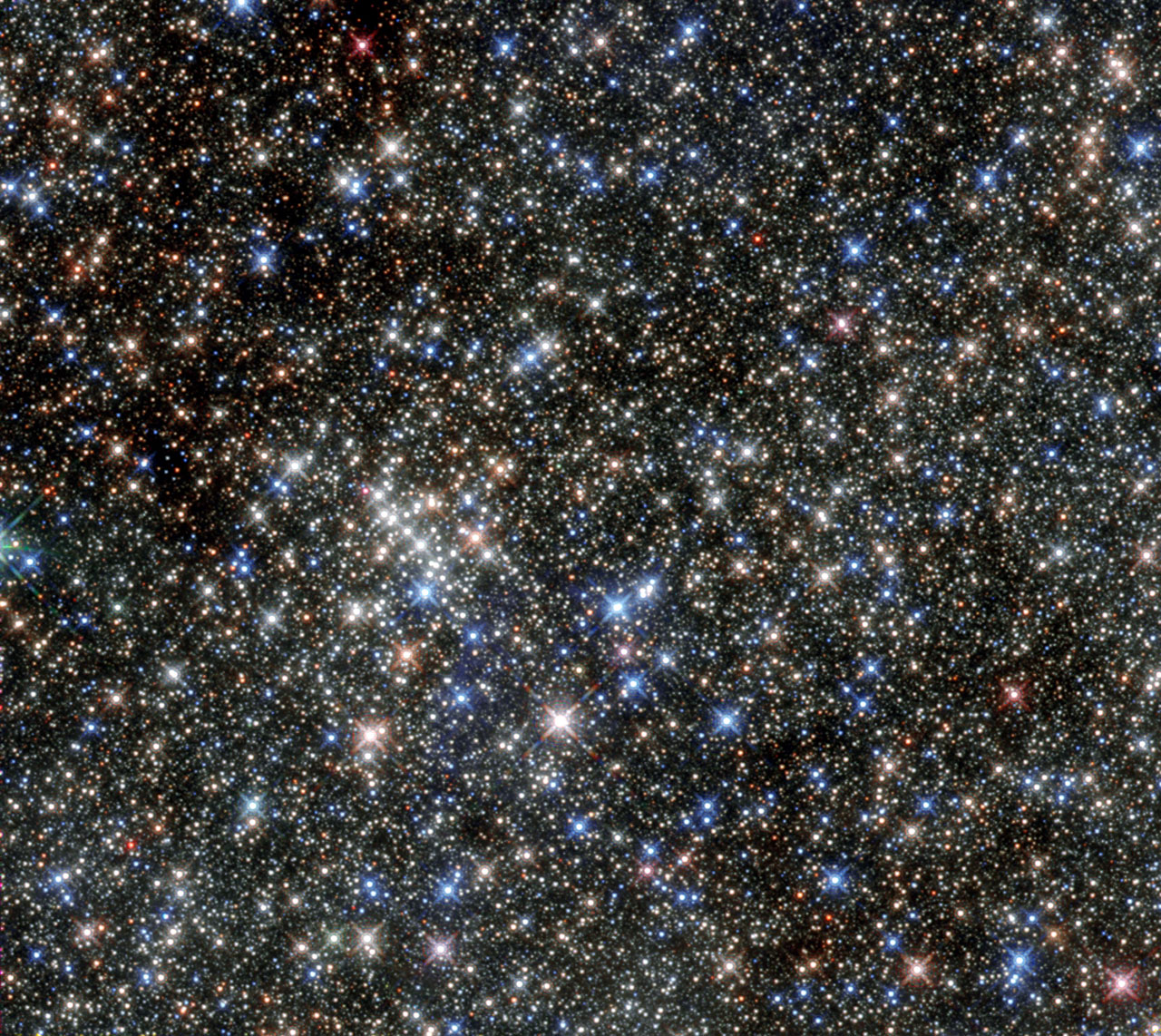Stelliferous Heavens
ω
I’d glide away into the cosmic flow
in quiet of the canopy of night
to leave the tumult of the world below
with wishes having wings to guide my flight.
In quiet of the canopy of night
the stellar orbs cast light in shining beams.
With wishes having wings to guide my flight
their faces seem a universe of dreams.
The stellar orbs cast light in shining beams
as days recede with final au revoirs.
Their faces seem a universe of dreams
in skies awash with myriads of stars.
As days recede with final au revoirs,
to leave the tumult of the world below
in skies awash with myriads of stars
I’d glide away into the cosmic flow.
~ Harley White
* * * * * * * * * *
The poem is a pantoum… A pantoum
is a poem in a fixed form, consisting of a varying
number of four-line stanzas with lines rhyming alternately; the
second and fourth lines of each stanza are repeated to form the
first and third lines of the succeeding stanza, with the first and
third lines of the first stanza forming the second and fourth of the
last stanza, but in reverse order, so that the opening and closing
lines of the poem are identical.
Some inspiration derived from the teachings and writings of Nichiren Daishōnin…
Nam Myōhō Renge Kyō means to devote our lives to and found them on (Nam[u]) the Utterness of the Dharma (Myōhō) [entirety of existence, enlightenment and unenlightenment] permeated by the underlying white lotus flower-like mechanism of the interdependence of cause, concomitancy and effect (Renge) in its whereabouts of the ten [psychological] realms of dharmas [which is every possible psychological wavelength] (Kyō).
The reason that we continually recite Nam Myōhō Renge Kyō
Image ~ Uncovering the secrets of the Quintuplet Cluster…
Image description ~ Although this cluster of stars gained its name due to its five brightest stars, it is home to hundreds more. The huge number of massive young stars in the cluster is clearly captured in this NASA/ESA Hubble Space Telescope image. The cluster is located close to the Arches Cluster and is just 100 light-years from the center of our galaxy. The cluster’s proximity to the dust at the center of the galaxy means that much of its visible light is blocked, which helped to keep the cluster unknown until its discovery in 1990, when it was revealed by observations in the infrared. Infrared images of the cluster, like the one shown here, allow us to see through the obscuring dust to the hot stars in the cluster.

Credit: ESA/Hubble & NASA
| Table of Contents |
|